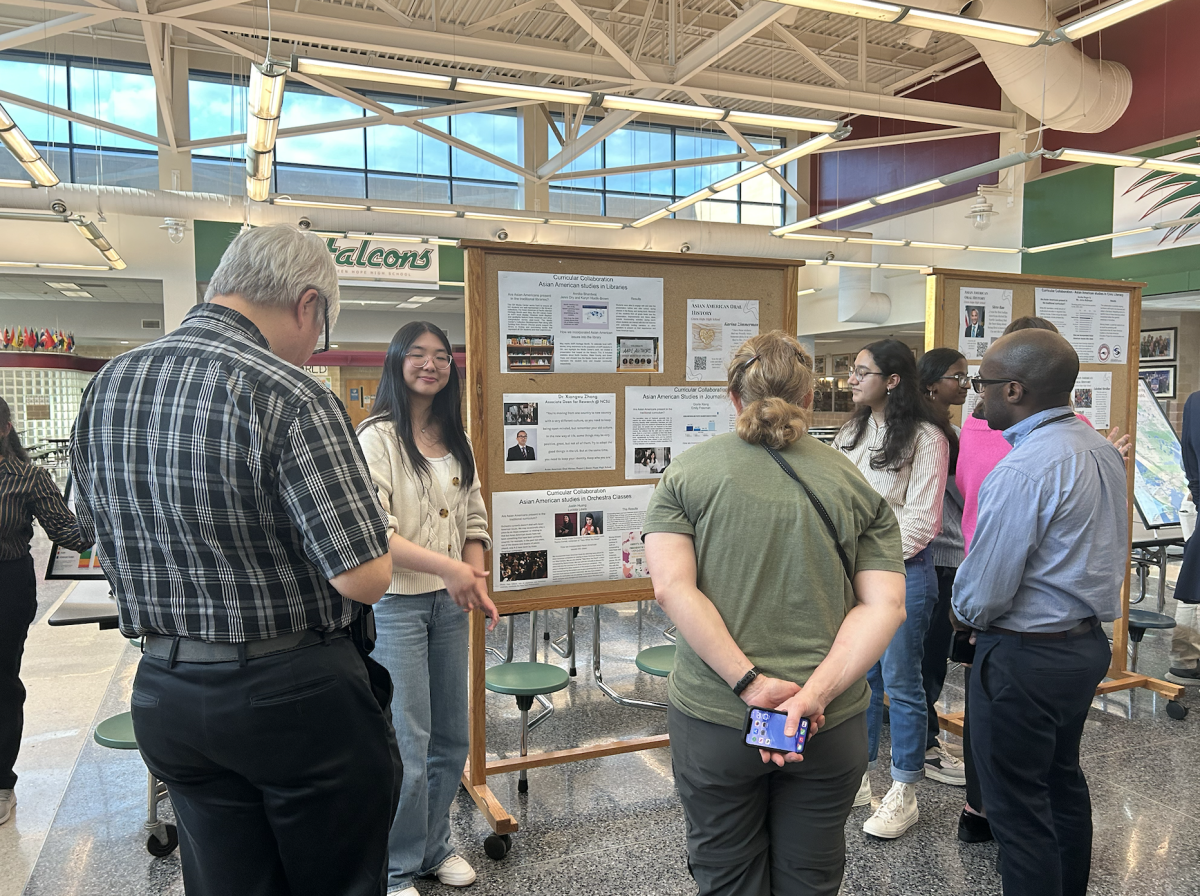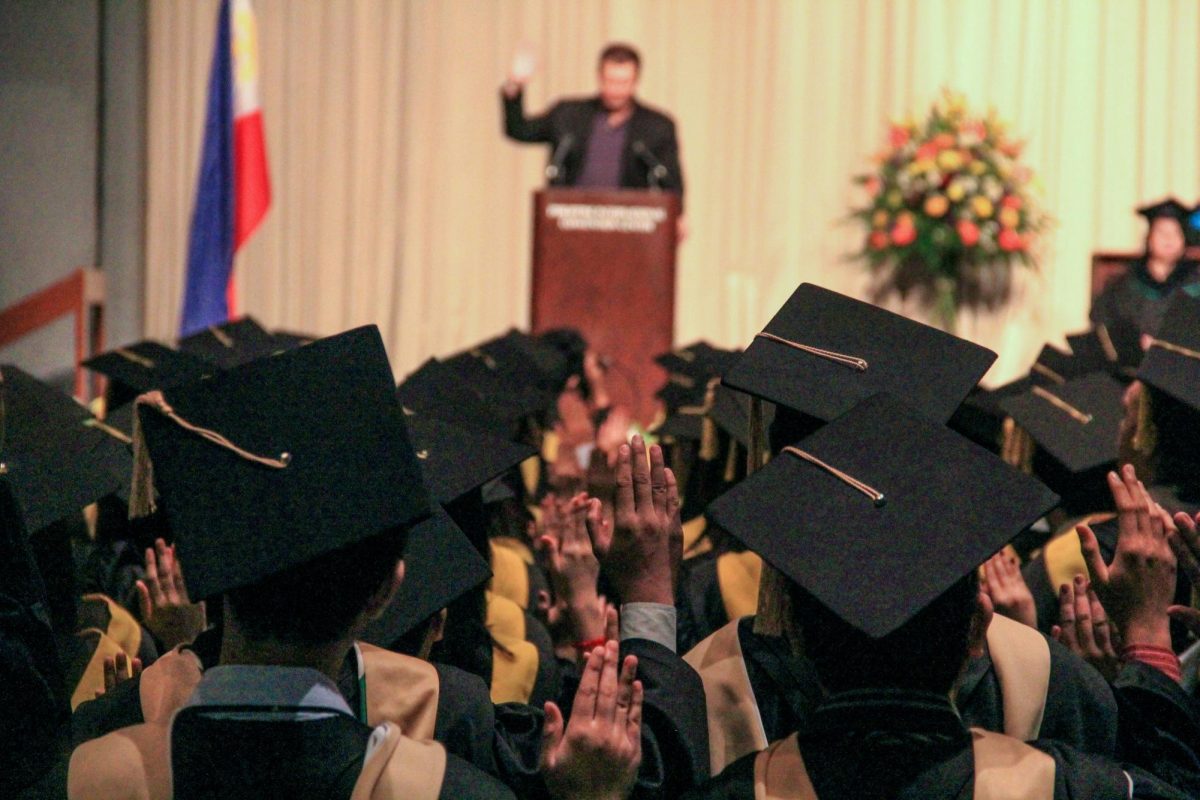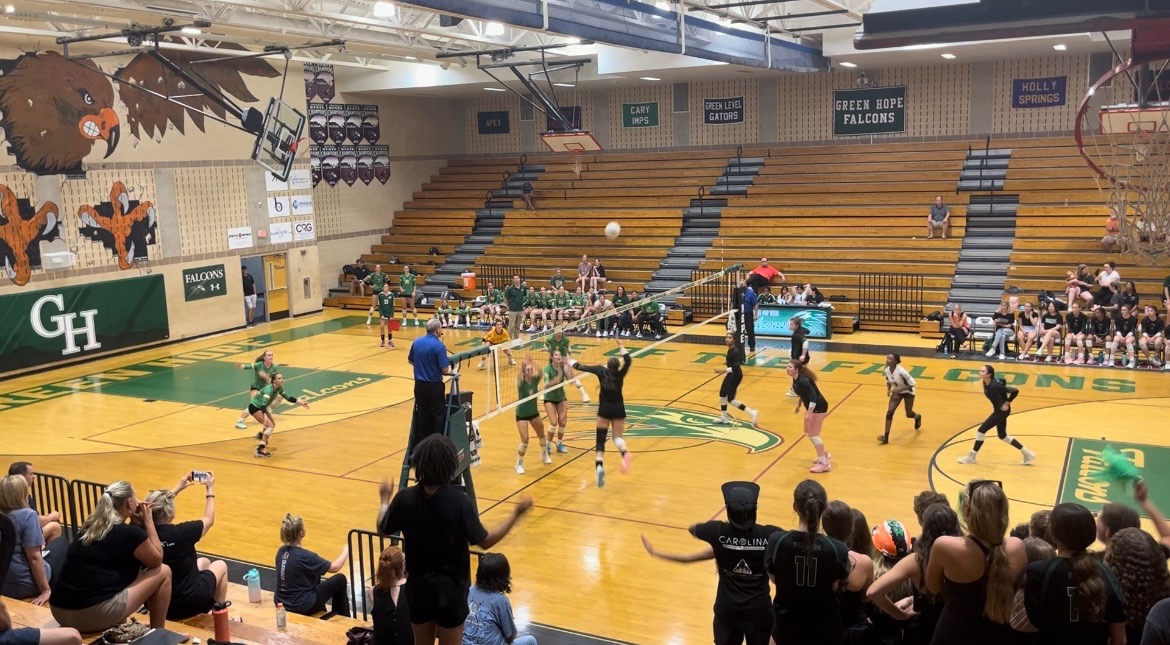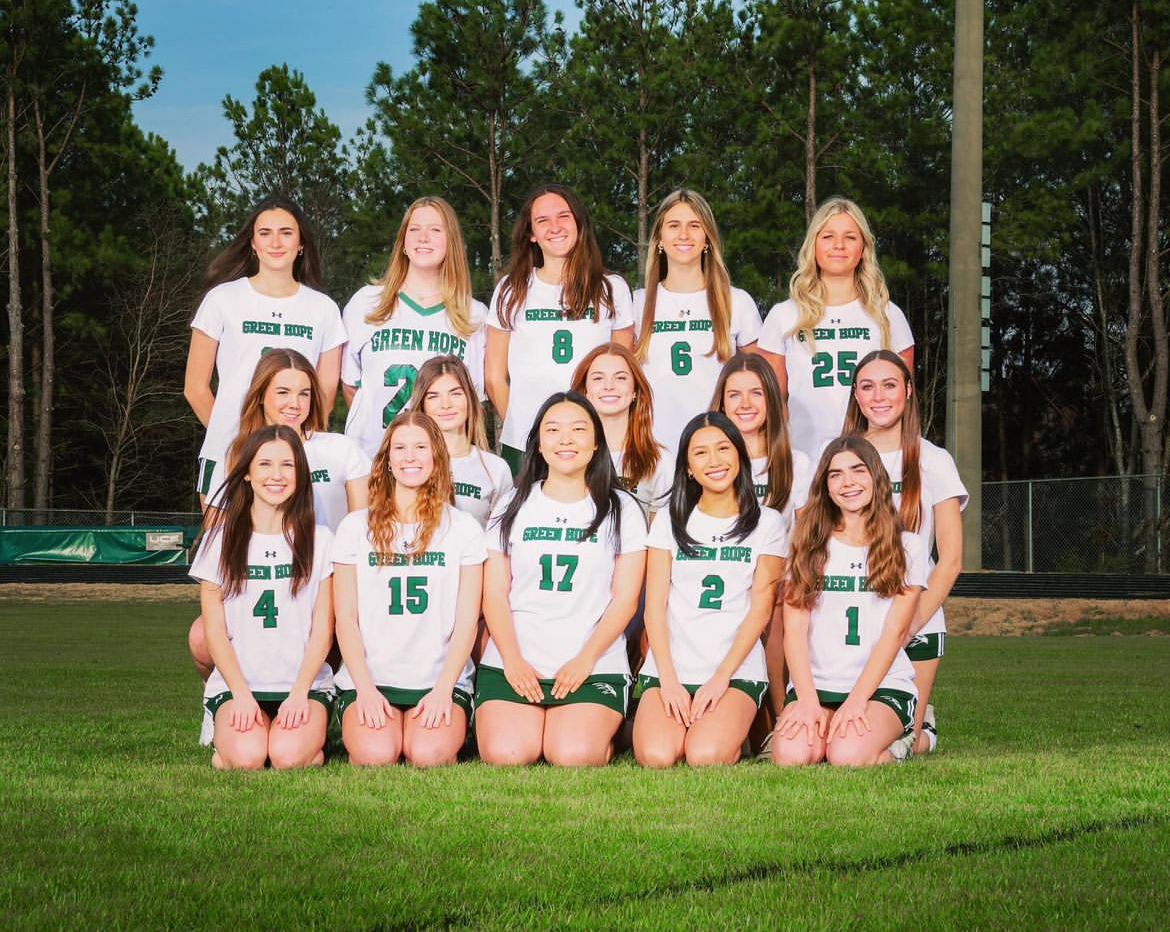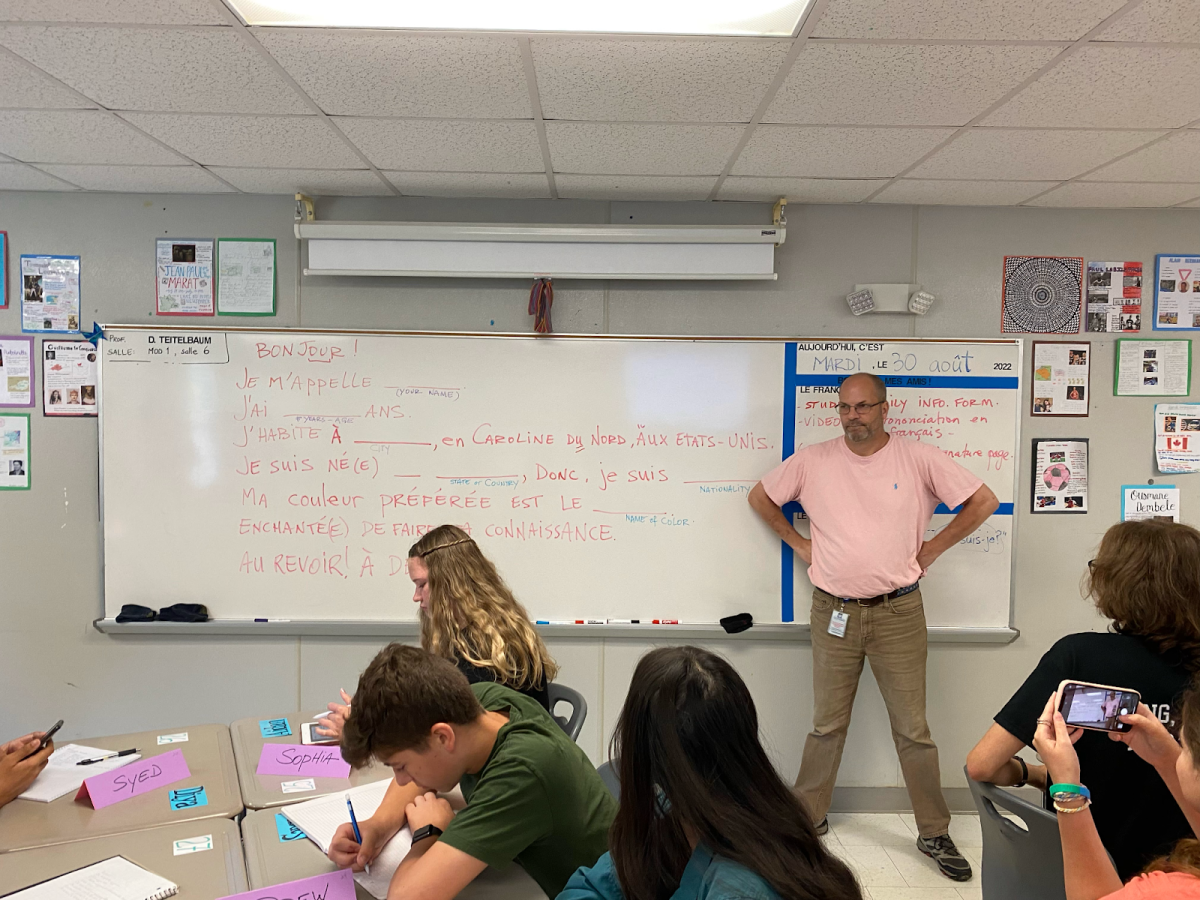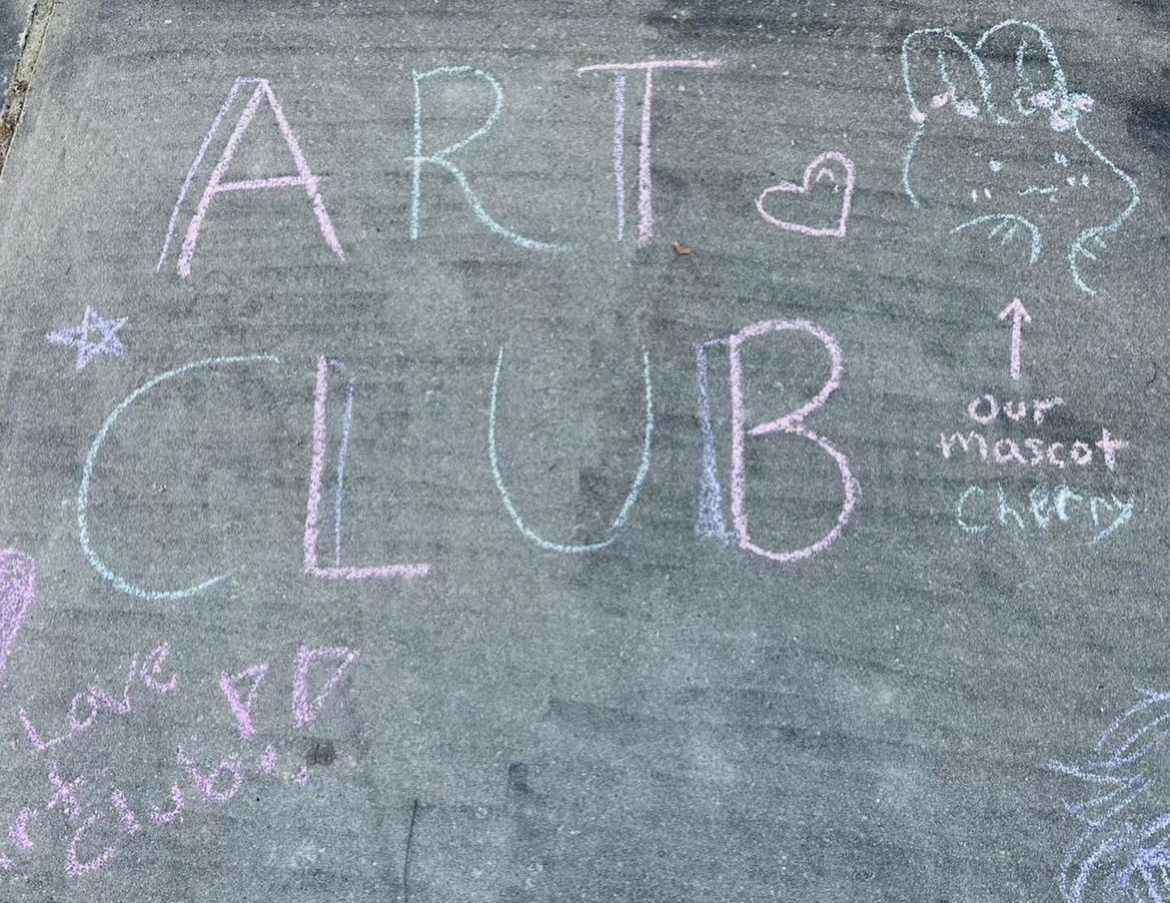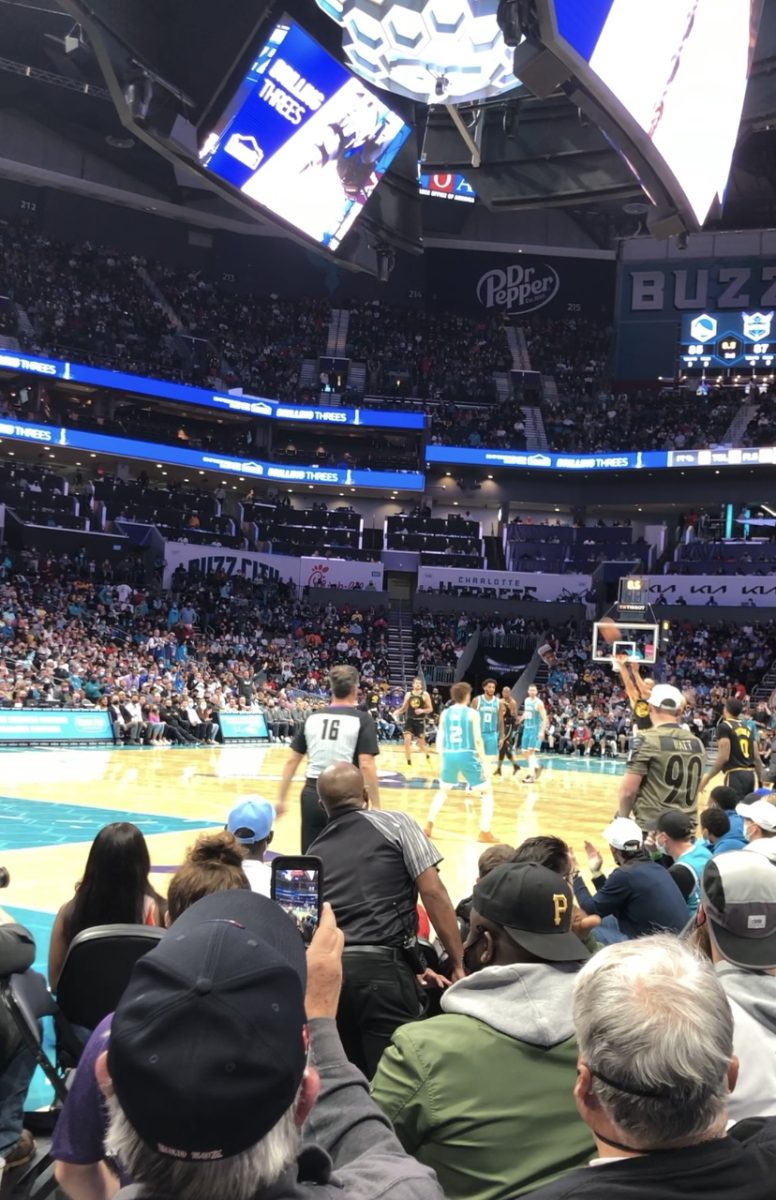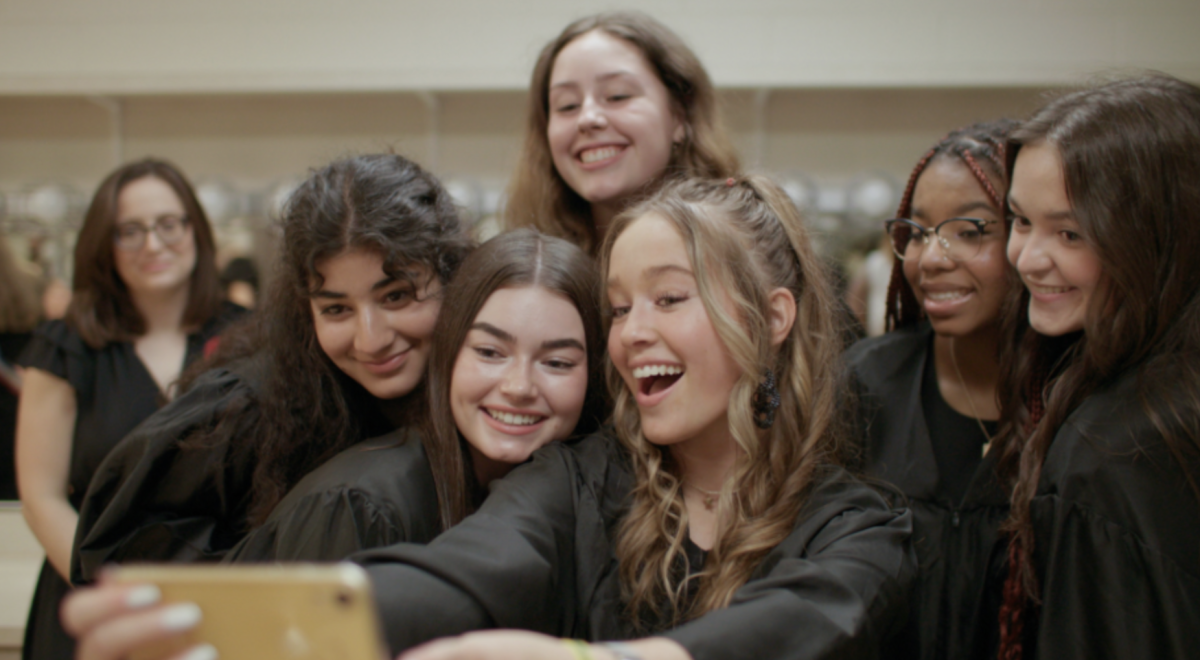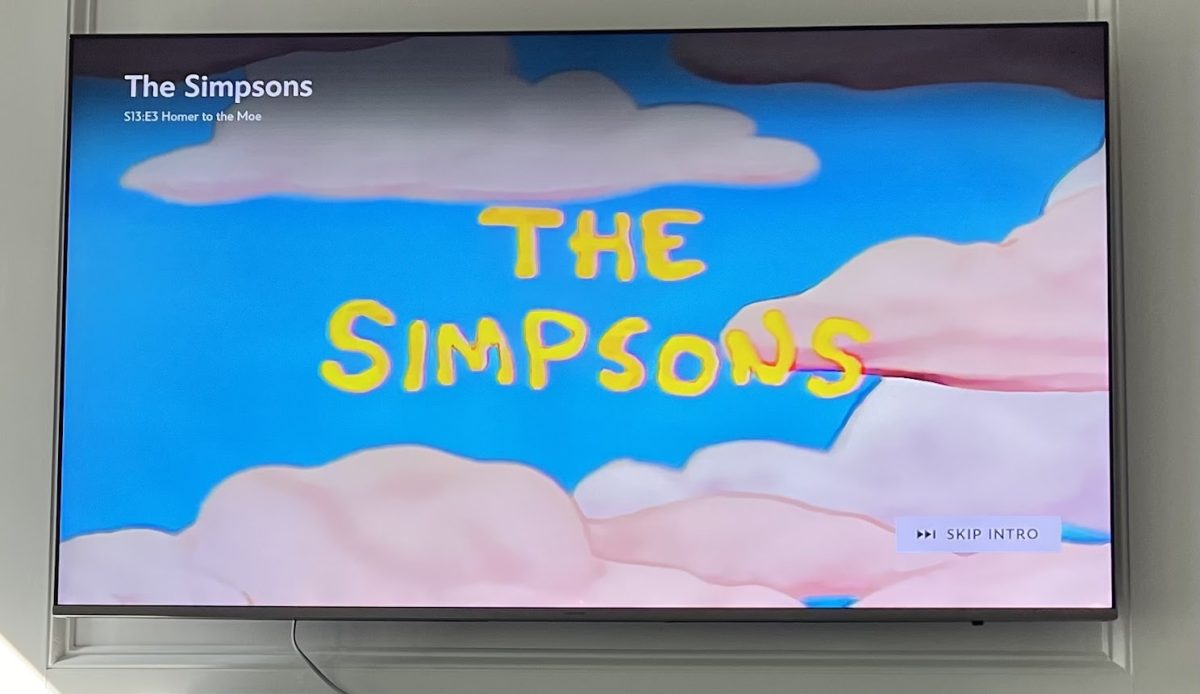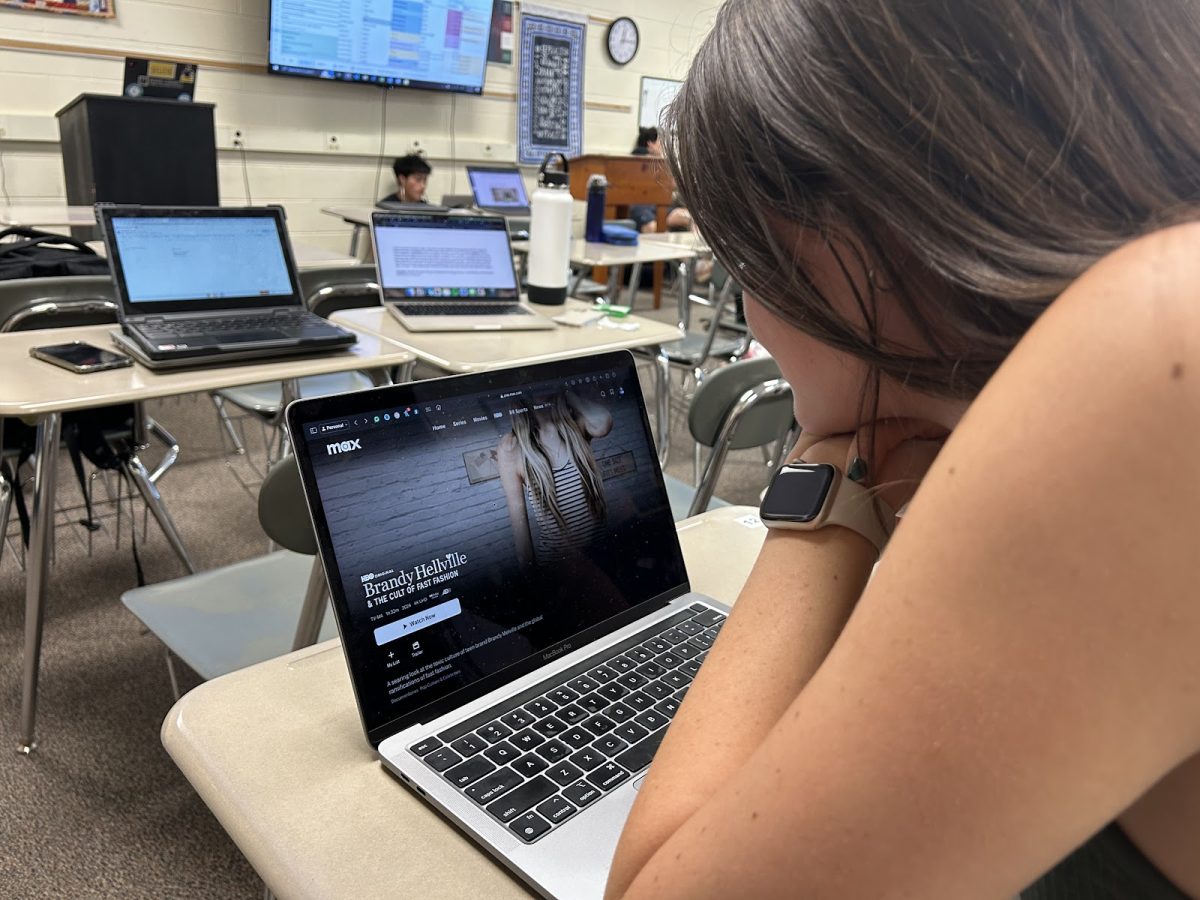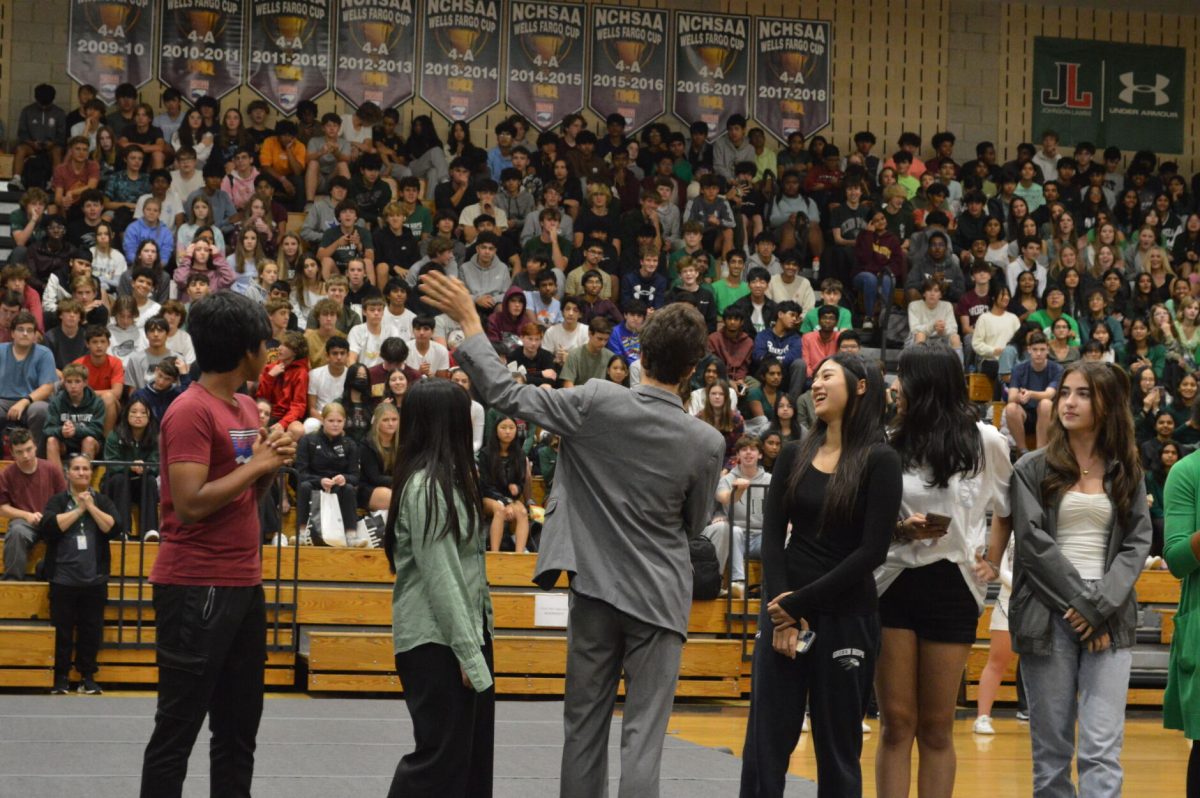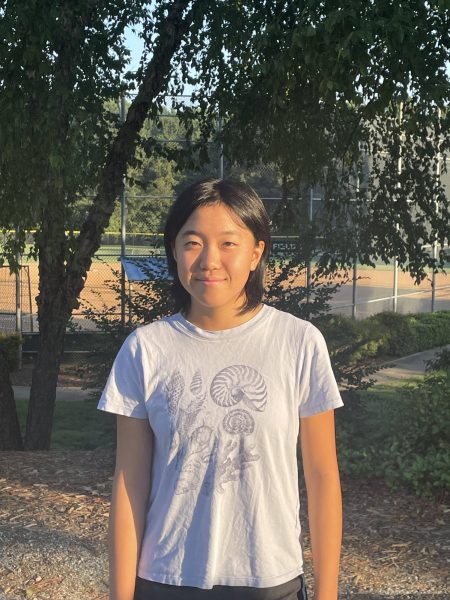Supreme Court reevaluates affirmative action in higher education

The U.S. Supreme Court debates affirmative action for the third time.
December 8, 2022
College students gathered at the U.S. Supreme Court to express opinions surrounding affirmative education in higher education institutions across the country on October 31, 2022.
The demonstration protests the Supreme Court’s recent consideration of outlawing affirmative action, a decision that would ban American universities from considering race when evaluating college applications. This potential end to affirmative action was brought to light by University of North Carolina-Chapel Hill and Harvard University students in November 2014.
The hearing took place on October 31, with oral arguments presented by representatives of Students for Affirmative Action (SFFA) and Harvard University. The case was filed by rejected Harvard and UNC Chapel-Hill applicants under the SFFA. One of the plaintiffs included a former Green Hope student.
In an interview with the GH Falcon, AP U.S. Government and Politics teacher Mr. Michael Miragliuolo provided his thoughts on the hearing. “He [the former Green Hope student] felt that he was denied admission to UNC-Chapel Hill because of his race,” Mr. Miragliuolo said.
The practice of affirmative action dates back to the 1960s when it was used to promote equal education opportunities for African Americans. “Affirmative action began as a way to help African Americans get a boost in college admissions and in the workforce since they had been discriminated against for hundreds of years through the institution of slavery and Jim Crow Laws,” added Mr. Miragliuolo.
The policy was later expanded to include women, Latinxs and Native Americans.
Today, the race-conscious college admissions process ideally ensures geographic, racial and socioeconomic diversity, providing opportunities for historically underrepresented minorities. In recent years, colleges have been increasingly pressured to diversify campuses and create more equitable environments for students.
For Asian Americans, however, affirmative action remains a polarizing issue. Historically, the group has been largely overrepresented in college admissions, and tend to come from households that outearn their Caucasian, African American, and Latino counterparts, with a median income of $85,800, compared to the median of the entire United States, $61,800.
Mr. Miragliuolo elaborated on potential impacts of affirmative action and noted, “[Affirmative action] can be negative, if a student feels they are more qualified and were passed over [a] less-qualified person because of their race.”
In 2010, Abigail Fisher, a Caucasian student, challenged the University of Texas’ admissions process in the case Fisher v. University of Texas. Fisher claimed the use of affirmative action violated the fourteenth amendment, however, the usage of race-conscious admissions remained lawful under the ‘Equal Protection’ clause of the amendment.
Asian American students have also been joining conversations surrounding affirmative action and how many of them feel as though it is a disservice. Many of these students are often encouraged by counselors to boost their application profiles by excluding their ethnicity and participating in extracurricular activities not recognized as stereotypically ‘Asian.’
Green Hope student JiaJia Ye (’23) also provided her thoughts on the issue.
“I don’t think it makes anyone feel good about themselves to hear things like, ‘because you are Asian, university admissions are more strict’ [but] I also think there’s an expectation for universities to make education fair,” stated Ye. “There are so many unfair [aspects of college admissions] that universities can’t fix, so no policy will ever really make things fair.”
The number of Asian Americans that support affirmative action policies is growing in number. Recent studies show nearly 70% of Asian Americans support race-conscious admissions and UNC-Chapel Hill’s ‘UNC for Affirmative Action’ club is led entirely by Asian American students.
Other reports demonstrate the benefit affirmative action provides to Asian Americans students. A study conducted by Georgetown University evaluates the impact of race-based admissions in college acceptance rates and found little evidence of substantial detrimental impact of affirmative action on the acceptance rate of Asian applicants.
As the affirmative action case continues to divide Americans as well as the Supreme Court, higher education institutions across the nation are working to ensure a fair admissions process for all applicants.
The jury is expected to deliver a final decision regarding the issue by summer of 2023.


